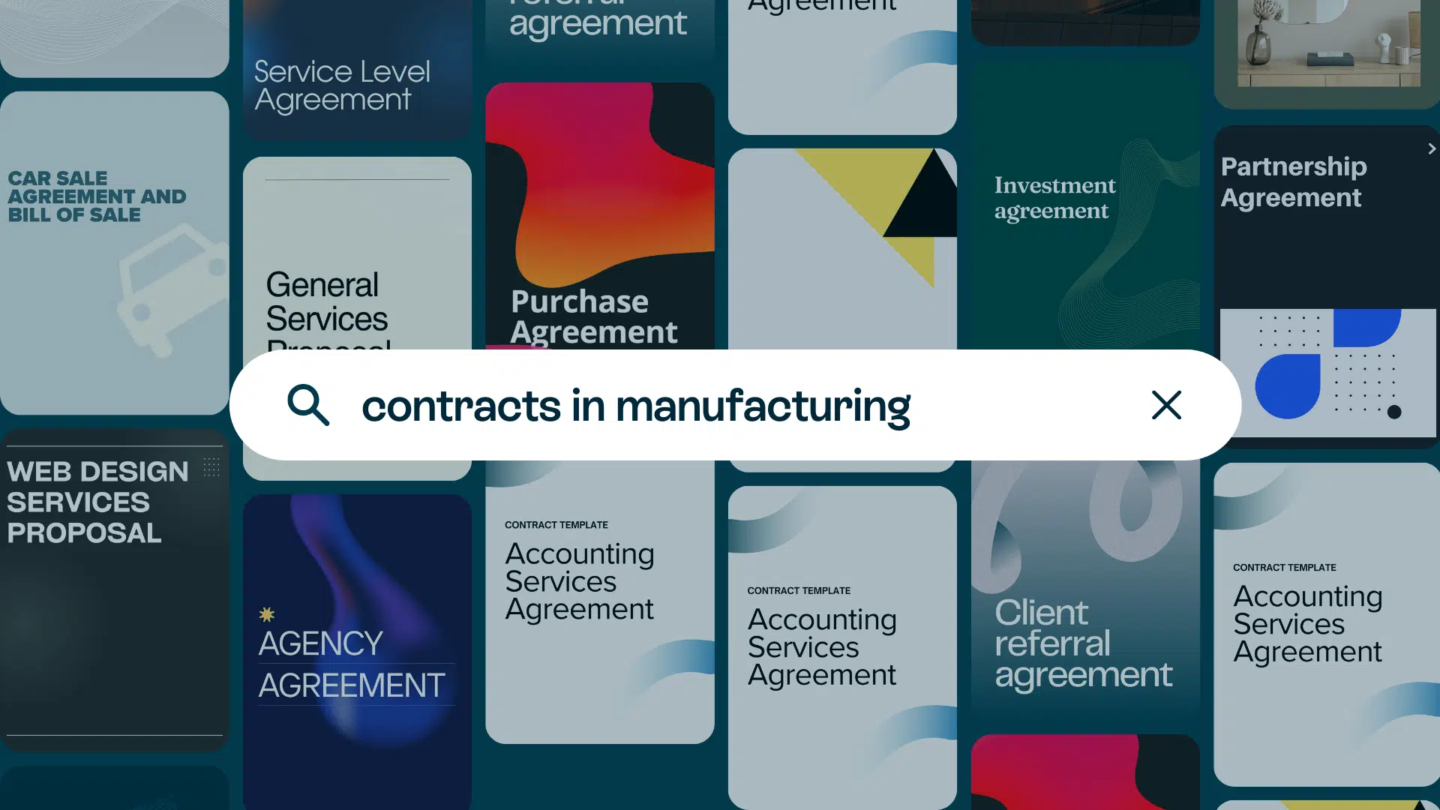In the rapidly evolving landscape of business, customer success has become a critical factor for sustaining growth and profitability. Organisations are realising that it’s not enough to just acquire customers; they must nurture and retain them for long-term success.
To achieve this, businesses need to adopt effective customer success strategies that align with the evolving needs and expectations of their customers. In this article, we’ll explore the seven best customer success strategies for 2024.
Understanding customer success strategies
Before diving into the strategies, let’s first define what customer success is and why it’s crucial for businesses. Customer success can be described as the proactive approach of ensuring that customers achieve their desired outcomes while using a product or service. It goes beyond customer satisfaction, focusing on maximising the value customers derive from their interaction with the company.
Customer success is not just a buzzword; it’s a fundamental shift in how businesses approach customer relationships. By prioritising the success of their customers, companies can foster long-term loyalty and advocacy, leading to sustainable growth and profitability. This customer-centric approach is becoming increasingly prevalent in today’s competitive market, where customer experience is a key differentiator.
Read also: Flow through the sales cycle and maximise revenue

Defining customer success
Customer success encompasses a range of activities, including onboarding, training, ongoing support, and building strong relationships. It requires deep understanding of customers’ goals and challenges, and a commitment to helping them achieve their desired outcomes.
Successful customer onboarding is a critical component of the customer success journey. It sets the tone for the entire relationship, ensuring that customers have a smooth transition into using the product or service. Effective onboarding not only reduces churn rates but also lays the foundation for long-term customer satisfaction and loyalty.
Importance of customer success strategies
Effective customer success strategies are essential for several reasons. Firstly, they enhance customer satisfaction and loyalty, leading to increased customer retention. Secondly, they drive revenue growth, as satisfied customers are more likely to renew their subscriptions or make additional purchases. Lastly, customer success strategies help businesses gather valuable feedback and insights, enabling them to improve their products and services continuously.
Customer success is a proactive and ongoing process that requires constant refinement and adaptation. By investing in robust customer success strategies, businesses can not only meet the needs of their customers but also stay ahead of the competition in a rapidly evolving market landscape.
Strategy 1: Personalised customer experience
In an era of constant connectivity and information overload, customers expect personalised experiences tailored to their individual preferences and needs. Personalisation allows businesses to deliver relevant and meaningful interactions, building stronger relationships and increasing customer satisfaction.
Creating a personalised customer experience involves more than just addressing customers by their first name in an email. It requires a deep understanding of customer behaviour, preferences, and pain points. By tailoring products, services, and communications to meet the specific needs of each customer, businesses can foster loyalty and advocacy.
The power of personalisation
Personalisation has the power to make customers feel valued and understood. By analysing customer data and leveraging advanced technologies such as artificial intelligence, businesses can provide customised recommendations, content, and offers that resonate with each customer.
Furthermore, personalised experiences can lead to increased customer lifetime value and higher retention rates. When customers feel that a brand truly understands and cares about them, they are more likely to remain loyal and continue their relationship with the business over time.
Implementing personalisation in your strategy
To implement personalised customer experiences effectively, businesses need to invest in robust data collection and analysis systems. They should also prioritise building a comprehensive customer profile, including browsing behaviour, purchase history, and demographic information. By leveraging these insights, businesses can deliver targeted recommendations and offers that enhance customer satisfaction and drive revenue growth.
Moreover, personalisation can extend beyond just digital interactions. By training customer-facing employees to recognise and cater to individual customer preferences, businesses can create a seamless and personalised experience across all touch points. This human touch combined with data-driven personalisation can truly set a business apart in today’s competitive landscape.
Read also: Customer success in B2B: What it is and how it can dramatically affect your business

Strategy 2: Proactive customer engagement
Gone are the days when customers would simply wait for assistance when they encountered an issue. Today, customers demand proactive engagement and timely support. Organisations that adopt a proactive approach to customer engagement can prevent issues before they escalate, leading to higher customer satisfaction and loyalty.
In the fast-paced world of customer service, being proactive is not just a strategy but a necessity. By actively seeking out opportunities to assist customers before they even realise they need help, businesses can stay ahead of the curve and build stronger relationships with their customer base.
The role of proactivity in customer success
Proactive customer engagement involves anticipating customer needs and reaching out to provide assistance or address their concerns before they even raise them. This approach demonstrates a genuine commitment to customer success and fosters a sense of trust and partnership between the business and its customers.
Furthermore, proactive engagement is not just about problem-solving; it’s also about seising opportunities to add value. By proactively offering relevant information, personalised recommendations, or exclusive deals, businesses can enhance the overall customer experience and drive long-term loyalty.
Techniques for proactive engagement
To incorporate proactive engagement into their customer success strategies, businesses can leverage advanced analytics to identify patterns and early warning signs of potential issues. By leveraging automation tools and dedicated customer success teams, organisations can take a proactive approach in reaching out to customers, offering guidance, and ensuring their continued success.
Moreover, proactive engagement extends beyond the realm of customer support. It can also be integrated into marketing campaigns, product development processes, and overall business strategies. By embedding a proactive mindset across all touch points, businesses can create a culture of customer-centricity that sets them apart in a competitive market.
Strategy 3: Utilising customer feedback
Customer feedback is a goldmine of information that can shape and enhance your products, services, and overall customer experience. By actively soliciting and incorporating customer feedback into their strategies, businesses can demonstrate a customer-centric approach and continuously improve their offerings.
One key aspect of utilising customer feedback is understanding the various types of feedback that can be collected. Feedback can come in many forms, including direct comments, ratings, and suggestions for improvement. Businesses should be attentive to both positive and negative feedback, as each provides valuable insights that can guide decision-making and strategy development.
The value of customer feedback
Customer feedback provides valuable insights into customer satisfaction, pain points, and areas for improvement. By embracing feedback and acting upon it, businesses can strengthen their customer relationships, drive innovation, and stay ahead of the competition.
Moreover, customer feedback can also serve as a source of inspiration for new product development or service enhancements. By listening to customer suggestions and preferences, businesses can tailor their offerings to better meet the needs and desires of their target audience, ultimately increasing customer loyalty and retention.
Incorporating feedback into your strategy
To effectively utilise customer feedback, businesses should establish structured feedback channels, such as surveys, reviews, and customer advisory boards. Additionally, leveraging sentiment analysis tools can help identify common themes and sentiments among customers, enabling businesses to prioritise and address critical issues.
Furthermore, businesses can go beyond simply collecting feedback by actively engaging with customers to acknowledge their input and communicate how their feedback is being used. This transparent approach not only fosters trust and loyalty but also encourages ongoing participation in providing feedback, creating a continuous feedback loop that drives continuous improvement and innovation.
Read also: What is CX? A comprehensive guide to customer experience

Strategy 4: Data-driven decision making
Data has become the lifeblood of modern businesses. By harnessing data and leveraging advanced analytics, organisations can make informed decisions that drive customer success and business growth.
The importance of data in customer success
Data enables businesses to gain a deeper understanding of customer behaviour, preferences, and overall satisfaction. It allows organisations to track key performance indicators, identify trends, and make data-driven decisions that optimise customer success strategies.
Making decisions based on customer data
To leverage data effectively, businesses need to establish robust data collection and analysis processes. By investing in the right technology and expertise, organisations can gain actionable insights that inform key decisions, such as product enhancements, pricing strategies, and customer engagement initiatives.
The key takeaways
Data-driven decision making is not just about collecting and analysing data; it also involves interpreting the results accurately. Organisations need skilled data analysts who can translate complex data sets into meaningful insights that guide strategic actions. By having a team of data experts who understand the nuances of the business and industry, companies can ensure that their decisions are based on reliable and relevant information.
Data-driven decision making is also an iterative process that requires continuous monitoring and refinement. As market conditions and customer preferences evolve, organisations must adapt their strategies accordingly. By regularly reviewing and updating their data analysis techniques, businesses can stay ahead of the curve and remain agile in responding to changing dynamics.







